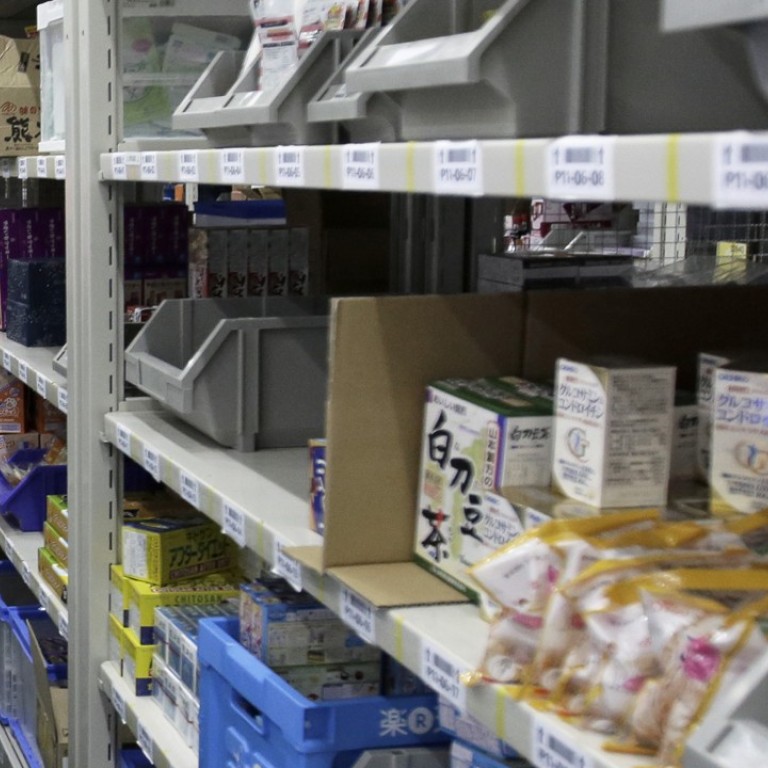
Vanke aims to be world’s largest warehouse operator after GLP takeover
The property developer says its logistics sector currently yields a 6 per cent return
China Vanke said it was targeting to become the world’s largest operator of warehouses after the Chinese property giant led a consortium to buy out Singapore-listed Global Logistics Properties last month.
“GLP is currently the world’s second-largest logistics property owner with a dominant market position in China. Our goal is to become the world’s No.1 [after the acquisition],”said Zhang Xu, Vanke’s chief operating officer.
The Vanke-led consortium that also comprises Hopu Investment Management, Hillhouse Capital, Bank of China Group Investment and GLP’s chief executive Ming Mei, won the takeover bid for GLP at S$16 billion (US$11.6 billion) in July, in Asia’s biggest-ever private equity acquisition by value.
Zhang said the new GLP would continue to be led by Ming Mei’s team, which they have full confidence in.
He said he was also optimistic about the synergy between Vanke and GLP.
“Vanke has footprint in more than 60 Chinese cities and we can bring them the access to land resources in more cities, while GLP has a vast resource of customers,” Zhang said.
Our goal is to become the world’s No.1 [after the acquisition]
The acquisition proposal is still subject to the approvals of GLP shareholders and the Singapore Exchange, and the transaction is expected to be completed on or before 14 April 2018.
Vanke, Hopu, Hillhouse and Ming Mei hold approximately 21 per cent stake each in the consortium, while BOCGI owns the remaining 15 per cent.
Vanke, China’s second largest developer by sales, on Thursday posted a 36 per cent rise in first-half profit to 7.3 billion yuan (US$1.1 billion), beating market estimates.
The growth was because of improved margin of its booked residential projects. Shanghai accounted for the 30 per cent of its realised sales during the period, Beijing for 26 per cent, followed by Southern China, and Central and Western China regions.
The company’s debt ratio also fell to 19.61 per cent at the end of June, from 25.9 per cent in the corresponding period.
“As the industry consolidation accelerates and the top 10 developers’ market share rose to 26 per cent, there is still a lot of room for us,” said Yu Liang, Vanke chairman and chief executive.
In the context that China’s property sector has transitioned from its “golden era” of rapid high growth to the “silver era”, Yu said every traditional property developers must explore new businesses and new growth drivers.
Vanke’s Zhang declined to disclose the logistics sector’s contribution to Vanke’s revenue, but said it had achieved an annual return of about 6 per cent. And the company hoped to see an annual 5 per cent increase in rental income from warehouses.
By the first half of the year, the company has secured 32 warehousing projects, and entered into contract for 35 projects with a total leasable area of 5 million square meters. Among the 11 completed projects, 9 achieved an average occupancy rate of 98 per cent.

